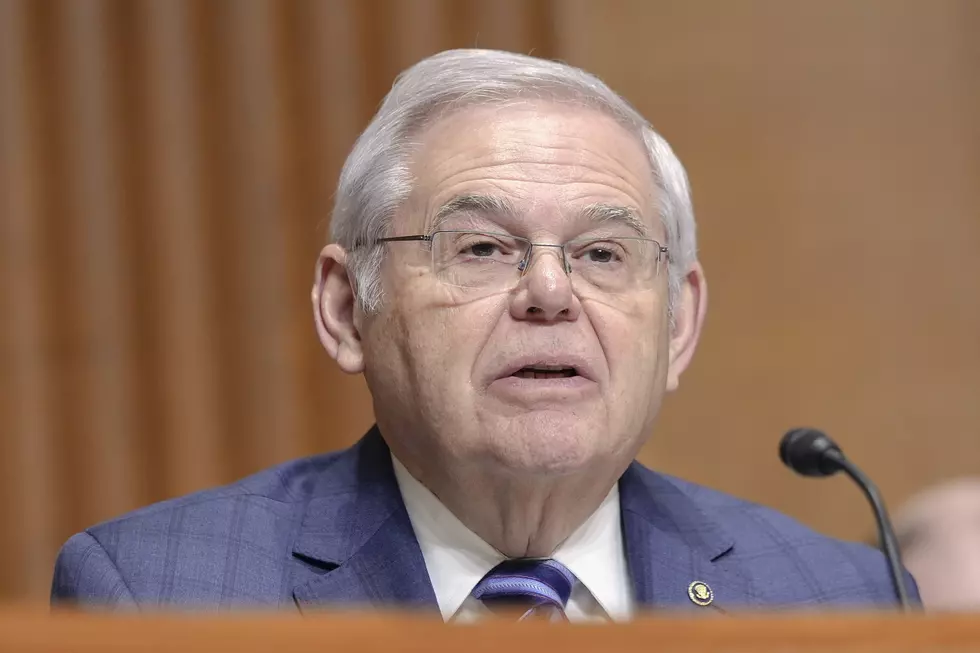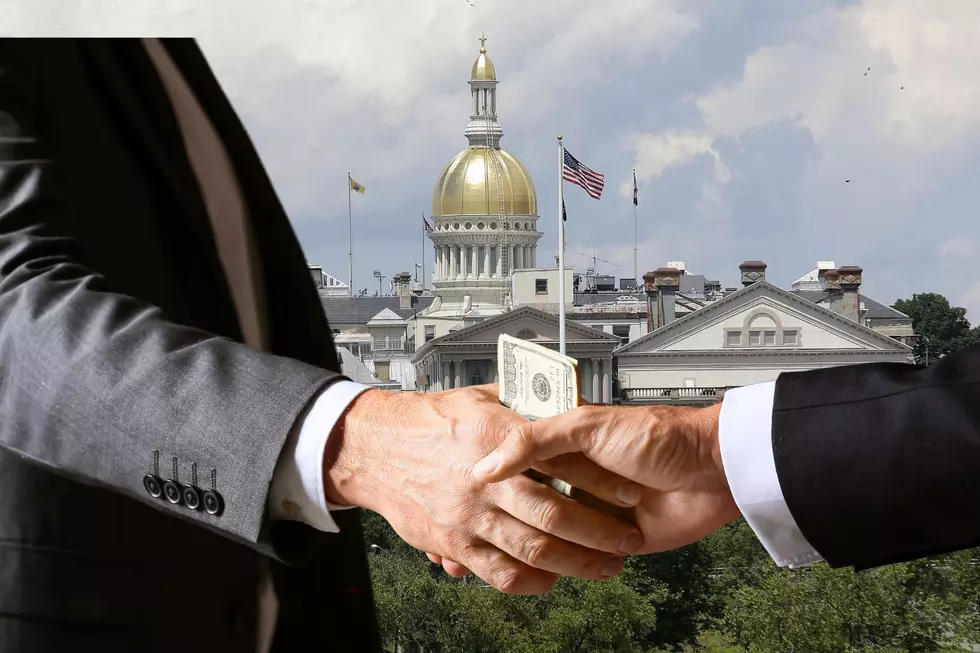
NJ meteorologist: Feds ‘cowardly’ defending Trump’s Dorian tweet
The retired head meteorologist at the National Weather Service’s Mount Holly forecast office says the NOAA -- the weather service's parent agency -- demonstrated "cowardly and unprofessional behavior" when it issued a statement backing President Donald Trump's assertions about Hurricane Dorian posing a threat to Alabama.
In a tweet Monday morning, Gary Szatkowski shared a letter he'd sent to the National Oceanic and Atmospheric Administration's communications office, saying it had shown "a gross lack of professionalism and clear subservience to political direction from the highest levels of federal government" when it issued a statement, attributed to an unnamed spokesperson, admonishing the NWS's Birmingham office for saying there was no threat to Alabama shortly after Trump tweeted that there was.
Alabama had never been included in hurricane advisories and Trump's information, based on less authoritative computer models than an official forecast, was outdated when he sent a tweet saying Alabama could be affected by Dorian. Trump has tweeted several times since then, defending his statement about threats to Alabama, and he displayed an altered forecast map in the Oval Office last week in an attempt to make his point.
"Shame on you personally, as the director of the NOAA Communications office, for your involvement with this atrocious behavior and shame on you for not standing up for employees of the National Weather Service," Szatkowski, who retired from the NWS in 2016, wrote in his letter, directed at communications office head Julie Roberts.
He said in signing the letter he'd been an NWS employee for more than 35 years before retiring.
"Your actions are the antithesis of both science and service, and have no useful role to play in the National Oceanic and Atmospheric Administration," he wrote.
His letter and tweet were in response to a NOAA statement that "the Birmingham National Weather Service’s Sunday morning tweet spoke in absolute terms that were inconsistent with probabilities from the best forecast products available at the time."
It pointed to advisory maps that appears to show between a 5 and 20 percent chance of tropical storm-force winds hitting a portion of Alabama at some point between Aug. 25 and 30. The same maps showed a similar probability for all of New Jersey during the latter part of that time period. New Jersey has not at any point been under a hurricane advisory related to Dorian.
Trump had originally Tweeted on Sept. 1: "In addition to Florida - South Carolina, North Carolina, Georgia, and Alabama, will most likely be hit (much) harder than anticipated." By then, NWS forecasts showed Alabama would not be hit by Dorian at all, with the storm having turned considerably to the east. All the NWS' forecasts note some storm impacts could be felt outside the "cone of uncertainty" in which the storm might hit.
The Birmingham NWS office followed 20 minutes later with: "Alabama will NOT see any impacts from #Dorian. We repeat, no impacts from Hurricane #Dorian will be felt across Alabama. The system will remain too far east."
Also Monday, the head of the National Weather Service issued a strong public defense of forecasters who contradicted President Donald Trump's claim that Hurricane Dorian posed a threat to Alabama as it approached the United States.
Director Louis Uccellini said forecasters in Birmingham did the right thing Sept. 1 when they tried to combat public panic and rumors that Dorian posed a threat to Alabama. It was only later that they found out the source of the mistaken information, he said.
Speaking at a meeting of the National Weather Association, Uccellini said Birmingham forecasters "did what any office would do to protect the public."
"They did that with one thing in mind: public safety," said Uccellini, who prompted a standing ovation from hundreds of forecasters by asking members of the Birmingham weather staff to stand.
Earlier, the president of the 2,100-member association, Paul Schlatter, said any forecast office "would have done the exact same thing" as the Birmingham forecast office.
Discussing the flurry of social media contacts and phone calls that followed Trump's tweet, Uccellini said Birmingham forecasters used "an emphasis they deemed essential to shut down what they thought were rumors" when they posted on social media that Alabama's wasn't at risk.
"Only later, when the retweets and politically based comments started coming to their office, did they learn the sources of this information," he said.
(Includes material copyright 2018 The Associated Press. All rights reserved. This material may not be published, broadcast, rewritten or redistributed.)
More From New Jersey 101.5 FM









